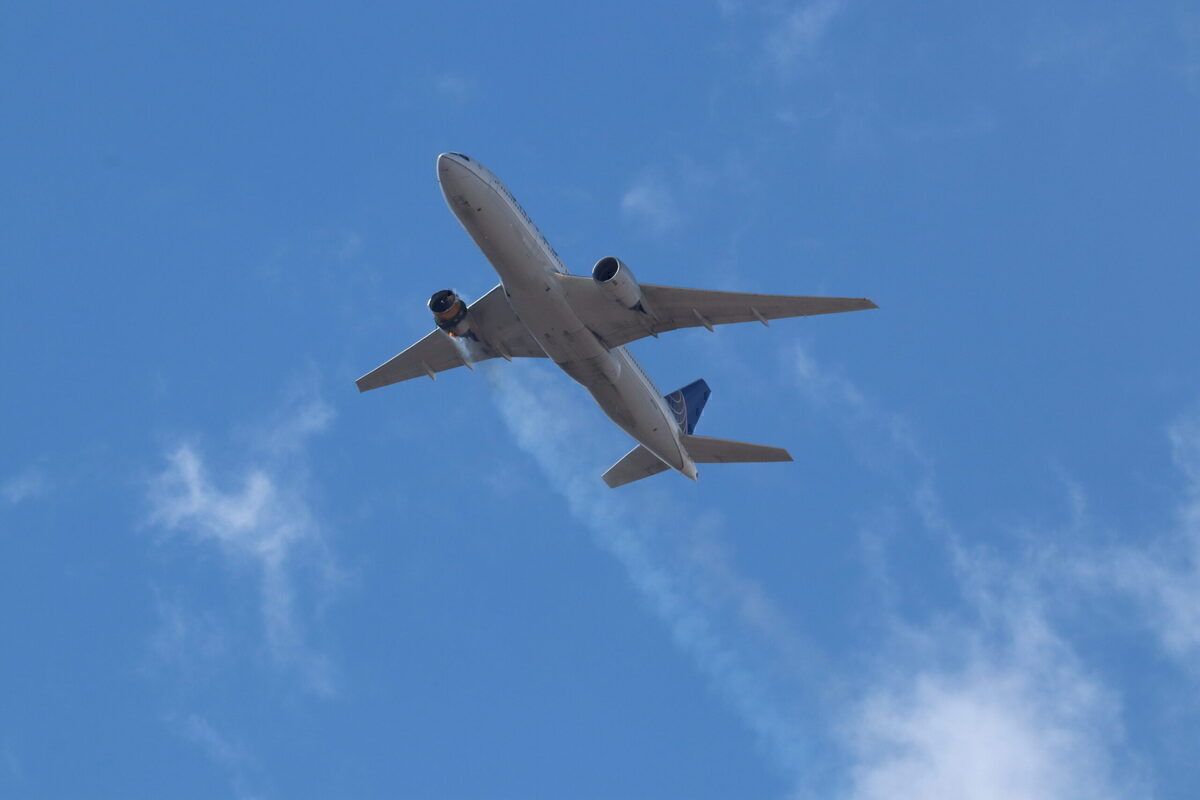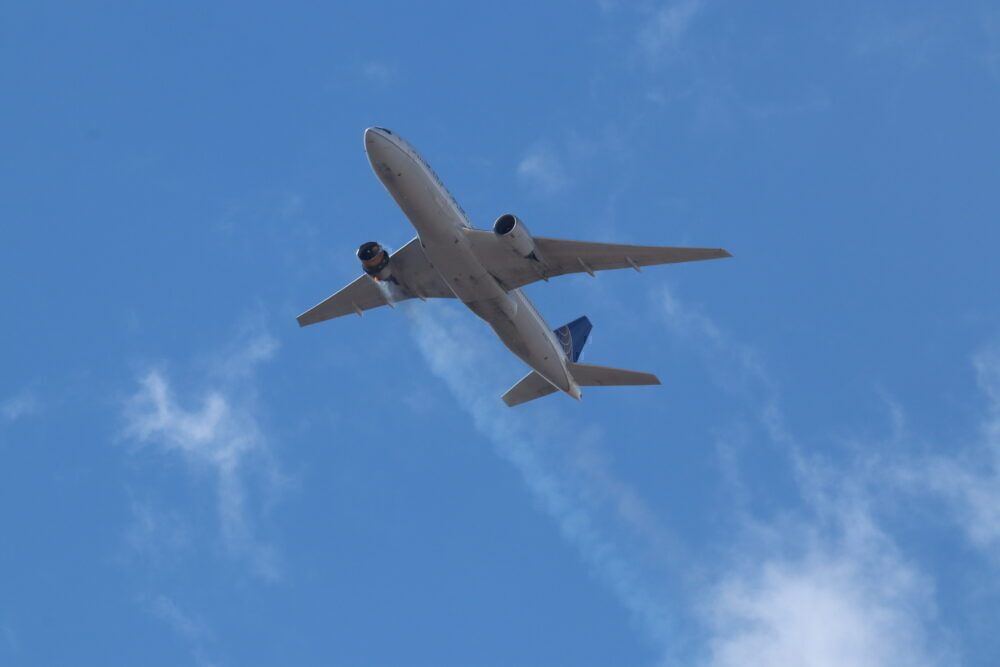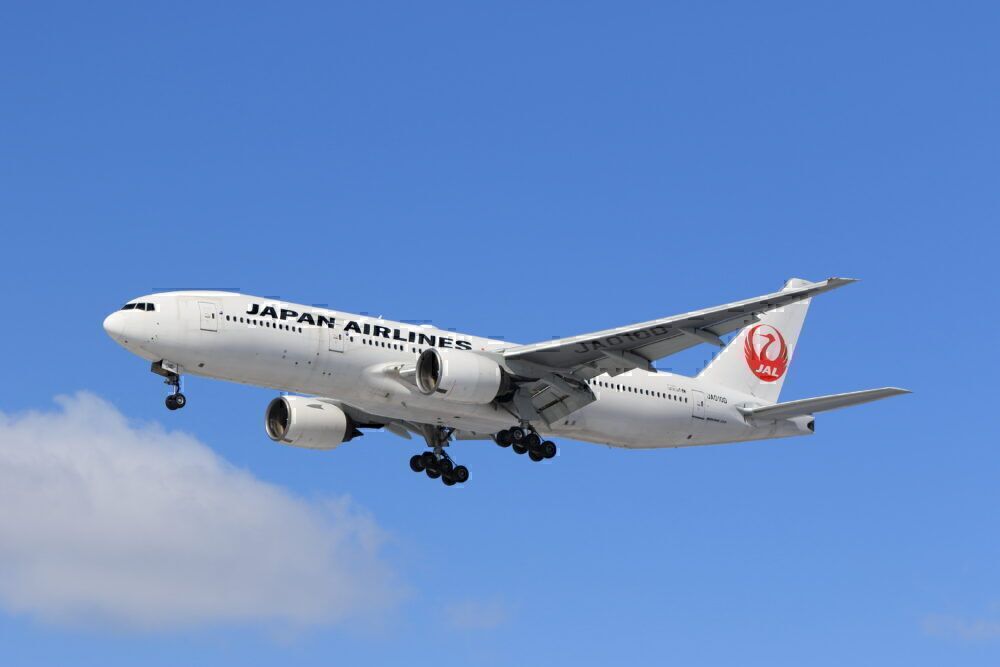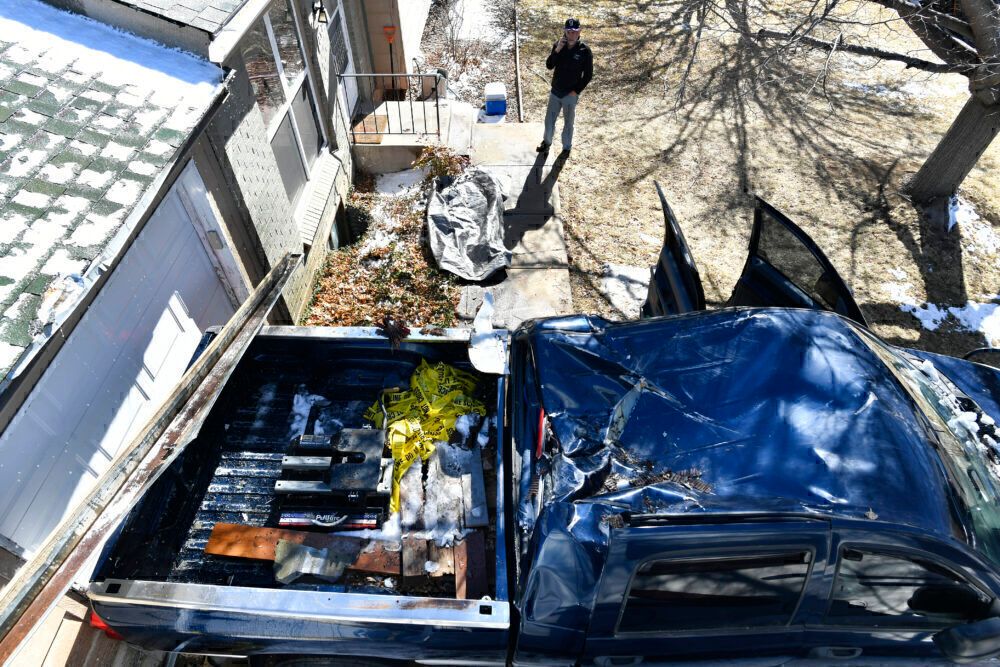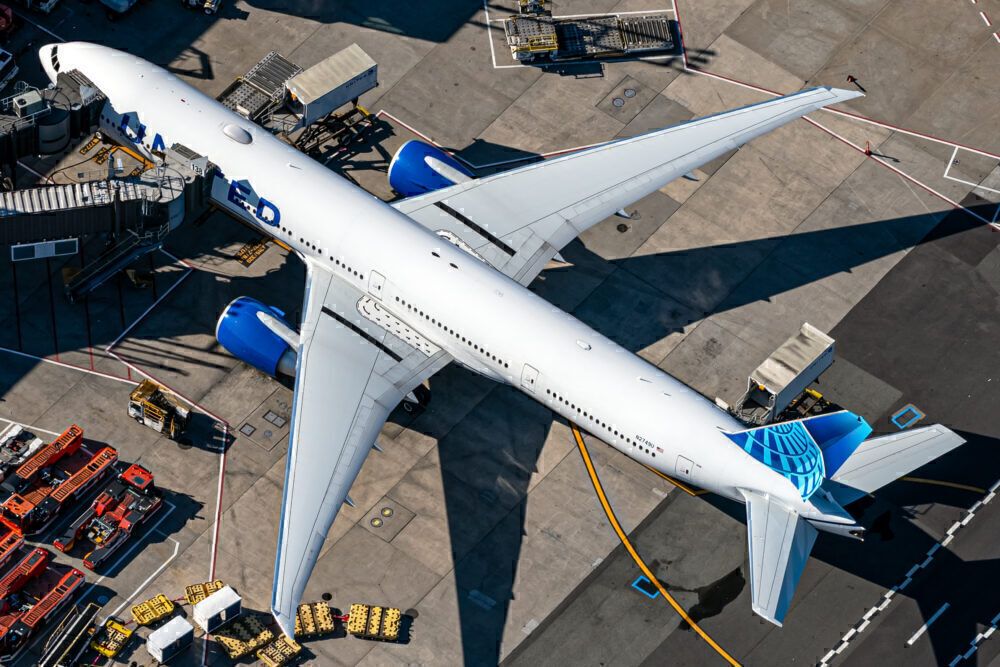Airlines around the world are beginning to ground their 777 fleets operating with certain Pratt & Whitney PW4000 engines following an uncontained engine failure on a United flight this weekend. Debris from the impacted engine fell in locations across Denver, creating an extremely high injury risk. Boeing has now recommended that 128 of its 777s be grounded for inspection due to the incident.
Boeing recommends grounding
Following the events of this weekend, Boeing has recommended that airlines ground their 777-200, -200ER and 777-300 fleets equipped with the Pratt & Whitney 4000-112 engines. The move will impact 69 aircraft that are currently in service and another 59 that are in storage. The decision comes as the NTSB investigates the Denver incident. The FAA has issued an Emergency Airworthiness Directive to inspect all 777s with the same engines.
However, even before Boeing's decision, airlines and regulators moved to ground the classic 777 series. United grounded its fleet of 24 affected 777s following the incident and Japan's aviation regulator ordered ANA and Japan Airlines to do the same. South Korea remains the only country yet to ground its affected 777 fleet.
In a statement to Simple Flying, Boeing said,
“Boeing supports the decision yesterday by the Japan Civil Aviation Bureau, and the FAA’s action today to suspend operations of 777 aircraft powered by Pratt & Whitney 4000-112 engines. We are working with these regulators as they take actions while these planes are on the ground and further inspections are conducted by Pratt & Whitney."
What happened on United Flight 328?
The sudden groundings came after United flight 328 from Denver to Honolulu suffered an engine failure over the city. The failure caused parts of the engine, large and small, to fall over areas of Denver, endangering residents on the ground. Dozens of residents posted images of engine pieces landing in their yards, nearby streets, or their houses.
Luckily, no one on the ground was injured by the falling debris. However, the high risk meant that the FAA and Boeing acted swiftly to ground the jet. The affected 777s will now undergo thorough inspection and testing before returning to service. Meanwhile, the NTSB will investigate what went wrong on UA328 and whether it was a design flaw or another issue.
Stay informed: Sign up for our daily aviation news digest.
A small subsection
It should be noted that the aircraft affected by this order is only a small subsection of the 777 family. The aircraft involved in the United incident, registered N772UA, was 26 years old and one of the first 777s produced. Most of these aging 777-200s and -300s have been retired by airlines globally, with only three countries still flying these jets (US, Japan, South Korea).
Simple Flying obtained the following statement by engine manufacturer Pratt & Whitney:
“Pratt & Whitney is aware of actions taken by Japanese regulatory authorities regarding PW4000-powered Boeing 777 aircraft. We are supporting our operators in Japan and working with the authorities to resolve the situation as quickly as possible. As this is related to an official investigation, we defer to the relevant authorities for future updates.”
Nowadays, most 777s we see on long-haul routes are the 777-300ER or 777-200LR, which are powered by the GE90 engine. These planes remain unaffected by these recent groundings and continue to operate safely around the world.

